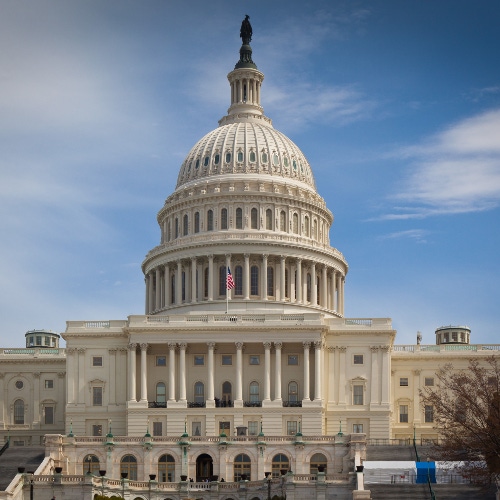US further tightens China export bans as it seeks global blockade
China has few good options as the US again expands entity list.

The US has further ratcheted up pressure on the China chip sector with the expansion of export restrictions to memory chipmaker YMTC and more than 30 other firms.
The Commerce Department's Bureau of Industry and Security (BIS) announced Thursday that it had added 36 Chinese firms to its entity list, ensuring they are subject to strict export licensing controls.
It said the expanded list was aimed at limiting "PRC's efforts to obtain and leverage advanced technologies including artificial intelligence (AI) for its military modernization efforts and human rights violations."
The inclusion of YMTC, China's biggest memory chipmaker, will likely deliver a serious disruption to its business despite its attempts at stockpiling components.
Figure 1:  China has few good options as the US again expands entity list.
China has few good options as the US again expands entity list.
(Source: Inge Johnsson/Alamy Stock Photo)
But it is not a surprise. More than a year ago US congressional leaders expressed concern at the news that it was providing NAND memory chips for Huawei's new Mate flagship phone, in breach of US sanction rules.
More recently, US officials warned Apple against using YMTC as a supplier of iPhone flash memory.
Other organizations added to the list include AI firm Cambricon, equipment maker Shanghai Micro Electronics, facial recognition company Tiandy – which is said to have supplied surveillance equipment to Xinjiang – and multiple defense contractors.
The expansion of the entity list follows the unveiling of sweeping export controls in October.
WTO complaint could take years
In the face of this onslaught, China has few good options.
It has filed a complaint to the WTO, claiming the US has weaponized its export control rules and breached WTO rules on non-discrimination.
But chances of relief through the WTO process are faint. The complaint will take years to resolve and, as experts have pointed out, WTO rules allow for exceptions on broad national security grounds. Even if what the WTO finds is in China's favor, the US, like China, has a habit of ignoring unfavorable rulings.
China is also reportedly building a trillion Chinese yuan (US$143 billion) aid package for the semiconductor industry.
The funds will be allocated over five years as subsidies and tax credits to bolster production and research, sources told Reuters. But besides the economic cost this imposes on China, there is also the reality of its abysmal record of trying to build a chip sector through government aid over the past 30 years.
The US campaign against China's tech industry began in telecoms with a series of prohibitions against Huawei aimed at preventing Chinese dominance over international communications.
Washington upped the ante in 2019 with restrictions on the supply of US components or manufacturing with US technology, effectively crippling Huawei's handset business.
Since then, the scope has been extended to embrace any company aiding China's military technology development or supporting security services in violating human rights.
Want to know more? Sign up to get our dedicated newsletters direct to your inbox.
As the BIS specified, it is targeting AI, advanced computer development, modeling for nuclear and other weapons, and hypersonic weapons programs.
Meanwhile, the US is reportedly negotiating with the Dutch and Japanese governments on joint restrictions on the export of chip-making equipment.
This would amount to an effective global blockade should it come into being.
Related posts:
— Robert Clark, contributing editor, special to Light Reading
Read more about:
AsiaAbout the Author(s)
You May Also Like












